First off, I got some inspiration for this answer from here:
How to avoid scientific notation for large numbers in JavaScript?
You can convert the number to a strong and then check for str.indexOf("e"). If true, then just return the scientific notation part of the string. For example:
function _d() {
// your current function here
if (str.indexOf("e")) {
var something = str.split("-")[1];
return something;
}
}
EDIT: I was working on this before your last comment to me, so this returns a string of the number, which I thought was what you wanted.
Leaving aside the point about significant digits, which is meaningful and correct but does not solve your problem, try this. We take the number, convert to string, if that string is not scientific notation then the answer is trivial. If it is scientific notation, then split the string twice (once on "e-" and then split the zeroth array on "." Add str[1]-1 zeroes to the lead of the number and add the digits to the end.
function _d(arg) {
var str = arg.toString();
if (str.indexOf("e-")) {
var digits = str.split("e-")[0];
var zeroes = str.split("e-")[1];
var zero = Number(zeroes);
var each = digits.split(".");
var something = "0.";
for (var i = 0; i < zeroes-1; i++) {
something += "0";
}
for (var j = 0; j < each.length; j++) {
something = something + each[j];
}
return something;
}
}
This won't work with very large numbers or very small negative numbers. And its pretty convoluted.
